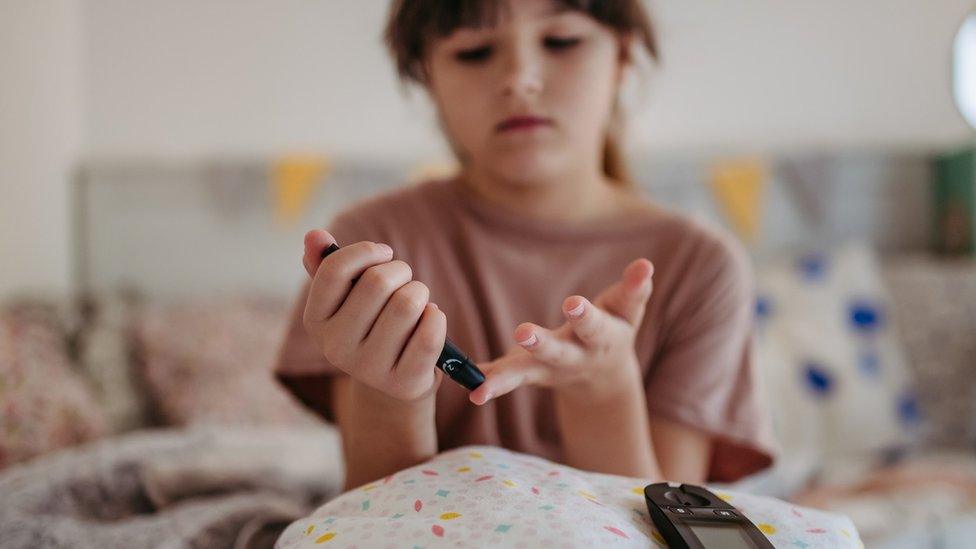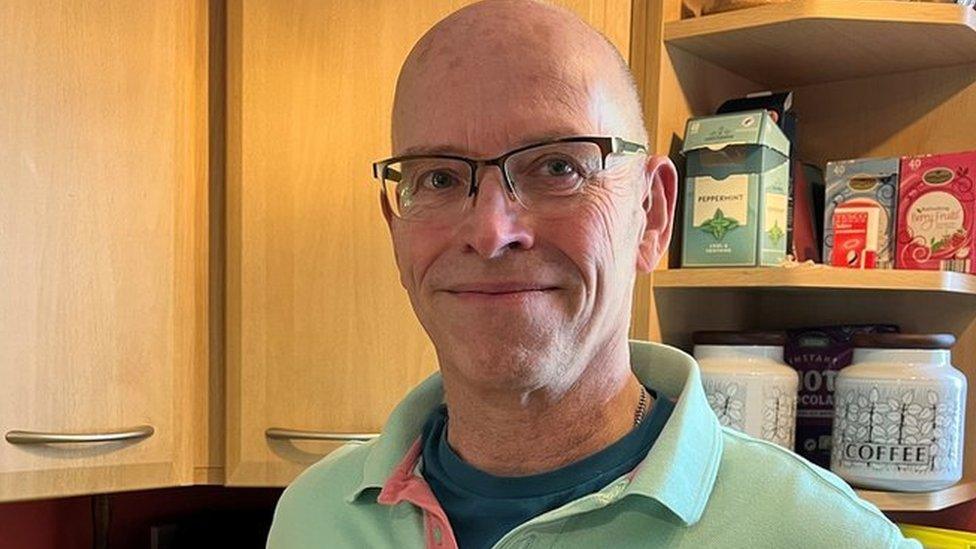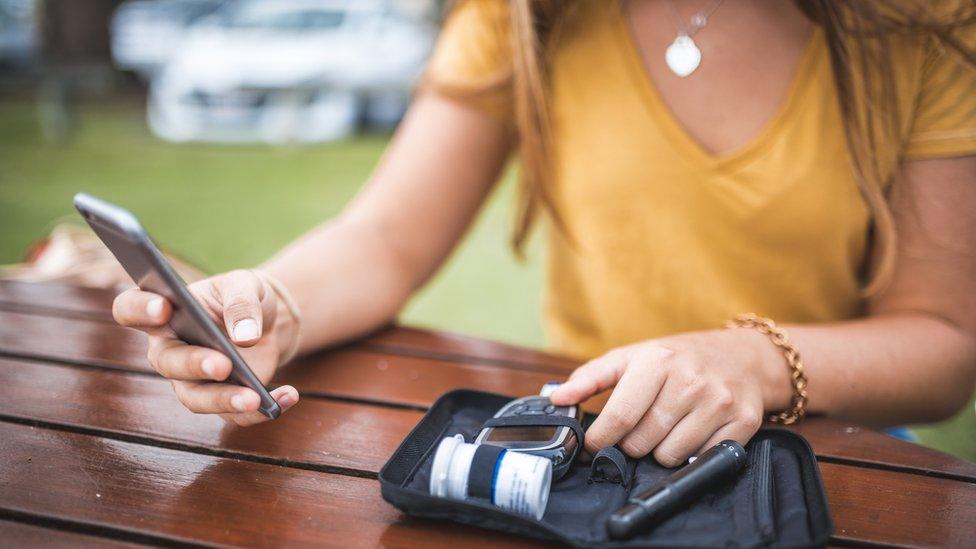Oxford researchers announce type 1 diabetes registry
- Published

New cases of of type 1 diabetes, especially in young children, are increasing every year
Researchers are to set up the first UK registry for children and adults at risk of type 1 diabetes.
The Oxford University team will build a database and a website that people can use to join.
It will list those who test positive for diabetes autoantibodies, the most reliable indicator that a person is likely to develop the condition.
The proteins appear when the insulin-producing beta cells in the pancreas are damaged.
It is believed that half the people who have positive autoantibodies are no longer being followed up as they are not involved in research studies.
This leads to a limited understanding of those people living with them, researchers say.
Leader of the project Dr Rachel Besser said the registry was an "important step towards a better understanding of the care and support people at high risk of type 1 require".
'Better future'
Researchers hope it will help them better understand what it is like being at high risk, and enable them to develop resources to support people and so avoid anxiety and worry.
The data collected could also indicate whether being at risk causes people to attend their GP or A&E more often.
Co-lead for the project Dr Loredana Marcovecchio, from the University of Cambridge, said it could make it "easier to tell people about opportunities to take part in research to develop new treatments".
The researchers received a grant of £610,480 from Diabetes UK.
Dr Lucy Chambers, head of research communications at the charity, said with "innovative treatments... on the horizon" the registry would "play an important role in readying the UK for the next era of type 1 therapies".
The registry will be held at the Diabetes Trials Unit at the University of Oxford.
Recruitment is expected to start later this year.
About 400,000 people, including 29,000 children and young people, have the condition in the UK.

Follow BBC South on Facebook, external, X, external, or Instagram, external. Send your story ideas to south.newsonline@bbc.co.uk or via WhatsApp on 0808 100 2240, external.
- Published26 January 2024

- Published19 February 2024
